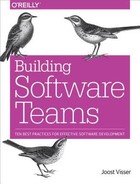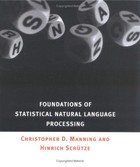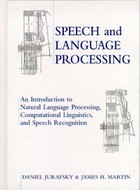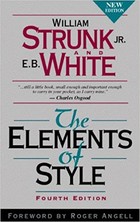
In an era where artificial intelligence dominates software development, a new grammar checking tool is taking a deliberately contrarian approach. Harper, recently acquired by Automattic, represents a fascinating case study in how sometimes the simplest solutions can be the most effective.
The Rule-Based Renaissance
While most modern grammar checkers have embraced large language models (LLMs) and AI-powered suggestions, Harper takes a fundamentally different approach. Built on a foundation of hard-coded grammatical rules, it represents a return to deterministic, transparent language processing.
This approach offers several compelling advantages:
- Transparency: Users can inspect and understand exactly why a correction is being suggested
- Privacy: No data is sent to external servers for processing
- Performance: Rule-based systems typically operate faster than AI models
- Consistency: The same input will always produce the same output
The Privacy-First Advantage
In today's data-conscious environment, Harper's local-first approach addresses a critical concern that many users have with cloud-based grammar checkers. Traditional tools like Grammarly process text on remote servers, raising questions about data privacy and corporate surveillance.
Harper's open-source nature means that: - Users can audit the code to verify privacy claims - The tool can be modified to suit specific organizational needs - There's no vendor lock-in or subscription dependency
Technical Architecture: LSP Integration
One of Harper's most innovative features is its implementation as a Language Server Protocol (LSP) service. This architectural decision demonstrates how concepts from programming language tooling can be effectively applied to natural language processing.
This approach allows Harper to integrate seamlessly with popular editors like Neovim, VS Code, and others, providing a consistent experience across different writing environments.
Limitations and Trade-offs
While Harper's rule-based approach has clear benefits, it also comes with inherent limitations. Natural language is incredibly complex, and capturing all grammatical nuances through explicit rules is challenging. Some areas where rule-based systems typically struggle include:
- Context-dependent corrections: Understanding when a grammatically correct sentence is still awkward or unclear
- Stylistic improvements: Suggesting more engaging or professional phrasing
- Complex semantic analysis: Understanding meaning beyond surface-level grammar
The Competitive Landscape
Harper enters a crowded market that includes established players like Grammarly, LanguageTool, and Vale. Each tool serves different use cases:
- Grammarly: AI-powered, feature-rich, but privacy concerns
- LanguageTool: Open-source alternative with broader language support
- Vale: Documentation-focused with customizable style guides
- Harper: Privacy-focused, fast, and transparently rule-based
The Future of Grammar Checking
Harper's approach raises important questions about the role of AI in writing assistance. While LLMs excel at understanding context and generating human-like text, they also introduce unpredictability and potential bias. For users who prioritize:
- Consistent, explainable corrections
- Complete privacy control
- Fast, local processing
- Open-source transparency
Rule-based systems like Harper offer compelling advantages.
Integration and Ecosystem
The tool's LSP implementation makes it particularly attractive for developers and technical writers who already work within editor ecosystems that support language servers. This architectural choice positions Harper as more than just a grammar checker—it's a writing assistance platform that can evolve alongside the broader development tooling ecosystem.
Rethinking Writing Assistance in the AI Age
Harper's existence challenges the assumption that newer, AI-powered tools are inherently better. Sometimes, the most effective solution is one that prioritizes simplicity, transparency, and user control over flashy AI features.
For organizations concerned about data privacy, developers who prefer open-source tools, and writers who want to understand exactly how their text is being analyzed, Harper represents a valuable alternative in an increasingly AI-dominated landscape.
The tool's recent acquisition by Automattic suggests that there's significant commercial interest in privacy-focused, rule-based writing assistance—a validation that not all innovation needs to involve artificial intelligence to be valuable and competitive in today's market.













